Premium Only Content
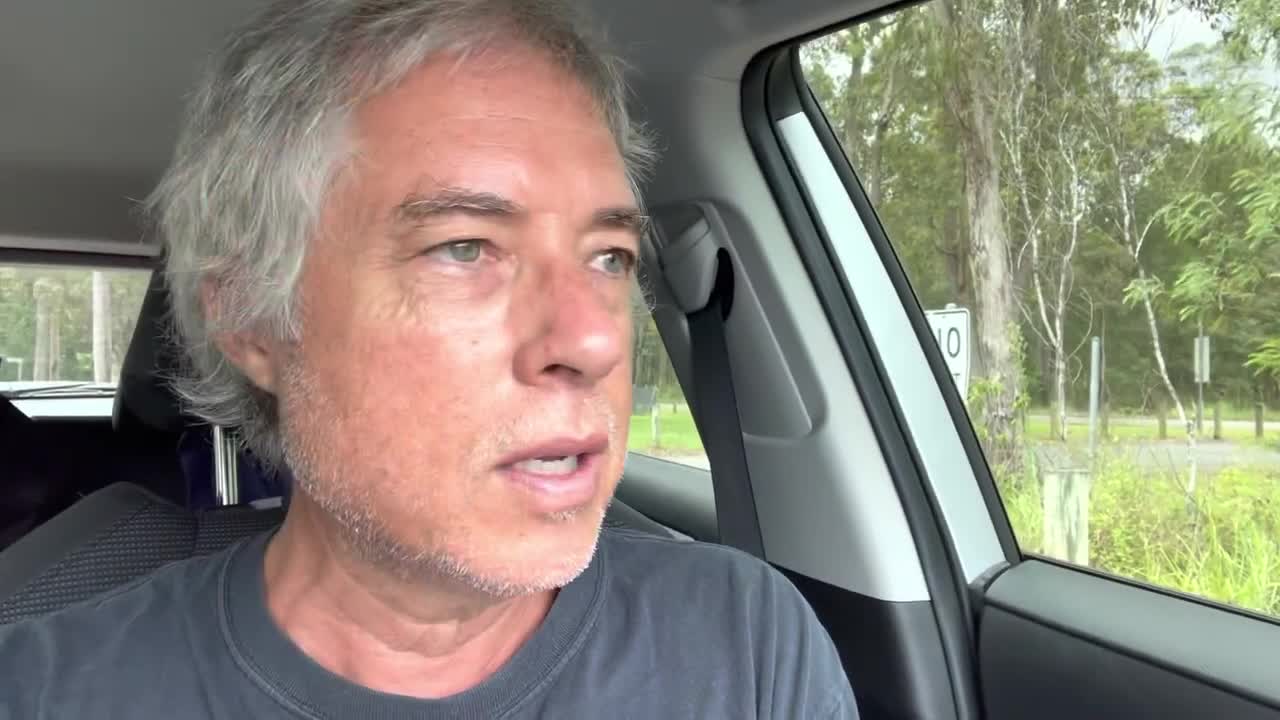
Australia has beaut toilets, mate (1-6-21)
https://en.wikipedia.org/wiki/Nambucca_Heads
Broken societies: Inequality, cohesion and the middle-class dream: https://lukeford.net/blog/?p=142699
‘There is no evidence that the ethos of a people can be changed according to plan. It is one thing to engineer consent by the techniques of mass manipulation; to change a people’s fundamental view of the world is quite a different thing, perhaps especially if the change is in the direction of a more complicated and demanding morality’. (Edward Banfield in 1958)
What Is Social Cohesion? https://lukeford.net/blog/?p=142679
* I suggest that we define social cohesion as the belief held by citizens of a given nation-state that they share a moral community, which enables them to trust each other… The very discussion of social cohesion often implies its absence and, even more specifically, the decline of social cohesion. I suggest that we label the decline of social cohesion “social erosion”, which we then can define as fewer citizens in a given nation-state having the belief that they share a moral community that enable them to trust each other…
* In a modern globalized and multicultural world, it is difficult and problematic to cultivate a similarity of mind.
National identity & social cohesion: https://lukeford.net/blog/?p=142671 * [Hans] Kohn’s distinction had its roots in Meineke’s (1970[1907]) distinction between “staatsnation” (state nation) and “kulturnation” (culture nation). Kohn’s basic argument was that in Western Europe (his examples were France, the UK, The Netherlands and Switzerland), the borders of the state were settled prior to the rise of nationalism, which created a strong focus on the new democratic procedures that could legitimize the existing state. Nationalism therefore contained a narrative about turning oppressed inhabitants into citizens. In a less positive interpretation, Tilly calls it a “state-led nationalism” where “rulers who spoke in a nation’s name successfully demanded that citizens identify themselves with that nation and subordinate other interests to those of the state” (Tilly 1994:133). In contrast, the borders in Eastern Europe were settled after the rise of nationalism, which created a strong focus on the ethnic/cultural dimension of nationhood. Tilly calls it “state-seeking nationalism” where “representative of some population that currently did not have collective control of a state claimed an autonomous political status, or even a separate state, on the ground that the population had a distinct, coherent cultural identity” (Tilly 1994:133). Kohn used the terms “Western” and “Eastern” both to denote the geographic locations of the various ideas of the nation (Kohn drew the line between the area west of the Rhine and the areas east of the Rhine) and to denote two different ideal types of perceptions of nationhood.
Join this channel to get access to perks:
https://www.youtube.com/channel/UCSFVD7Xfhn7sJY8LAIQmH8Q/join
https://odysee.com/@LukeFordLive, https://lbry.tv/@LukeFord, https://rumble.com/lukeford
https://dlive.tv/lukefordlivestreams
Listener Call In #: 1-310-997-4596
Superchat: https://entropystream.live/app/lukefordlive
Bitchute: https://www.bitchute.com/channel/lukeford/
Soundcloud MP3s: https://soundcloud.com/luke-ford-666431593
Code of Conduct: https://lukeford.net/blog/?p=125692
https://www.patreon.com/lukeford
http://lukeford.net Email me: lukeisback@gmail.com or DM me on Twitter.com/lukeford
Support the show | https://www.streamlabs.com/lukeford, https://patreon.com/lukeford, https://PayPal.Me/lukeisback
Facebook: http://facebook.com/lukecford
Feel free to clip my videos. It's nice when you link back to the original.
-
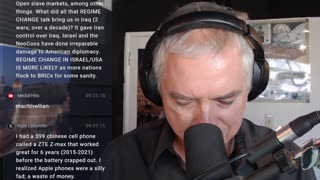 4:48:23
4:48:23
Luke Ford
2 months agoWill The 12-Day War Precipitate Regime Change In Iran, Russia & China? (7-6-25)
1202 -
 LIVE
LIVE
Major League Fishing
2 days agoLIVE Tackle Warehouse Invitationals Championship, Day 2
166 watching -
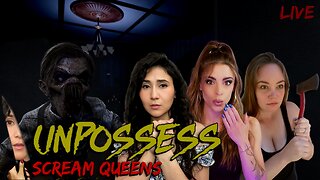 LIVE
LIVE
GamerGril
1 hour agoScream Queens 💕 Goth & Gore 💕 Unpossess
94 watching -
 LIVE
LIVE
CassaiyanGaming
4 hours agoMYSTIVITHON - 12 HOUR CHARITY STREAM 🌊
41 watching -
 2:14:16
2:14:16
Lara Logan
17 hours agoSTANDING AGAINST THE GLOBAL ELITE with Trump Ally President Milorad Dodik of Republika Srpska | Ep34
19K10 -
 LIVE
LIVE
FoeDubb
3 hours ago🏰KINGDOM MENU: 👑CHILL CONVO 🏈RANK FOOSBALL 🎮DELTA FORCE PEW PEWS DILLY DILLY!!!
25 watching -
 LIVE
LIVE
PixiEars_
1 hour agoBDAY STREAM
34 watching -
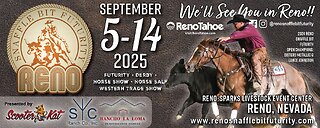 LIVE
LIVE
Total Horse Channel
19 hours ago2025 Reno Snaffle Bit Futurity | Saturday
2,196 watching -
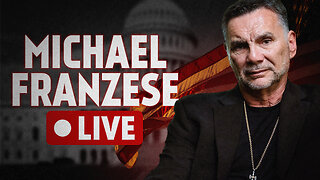 1:22:10
1:22:10
Michael Franzese
4 hours agoI'm Calling Out All The Nonsense From The Left & "New" Epstein Files
62.3K47 -
 4:06:45
4:06:45
Grant Cardone
5 hours ago10X Wealth System LIVE: Keep More. Pay Less. Build Faster.
11.7K